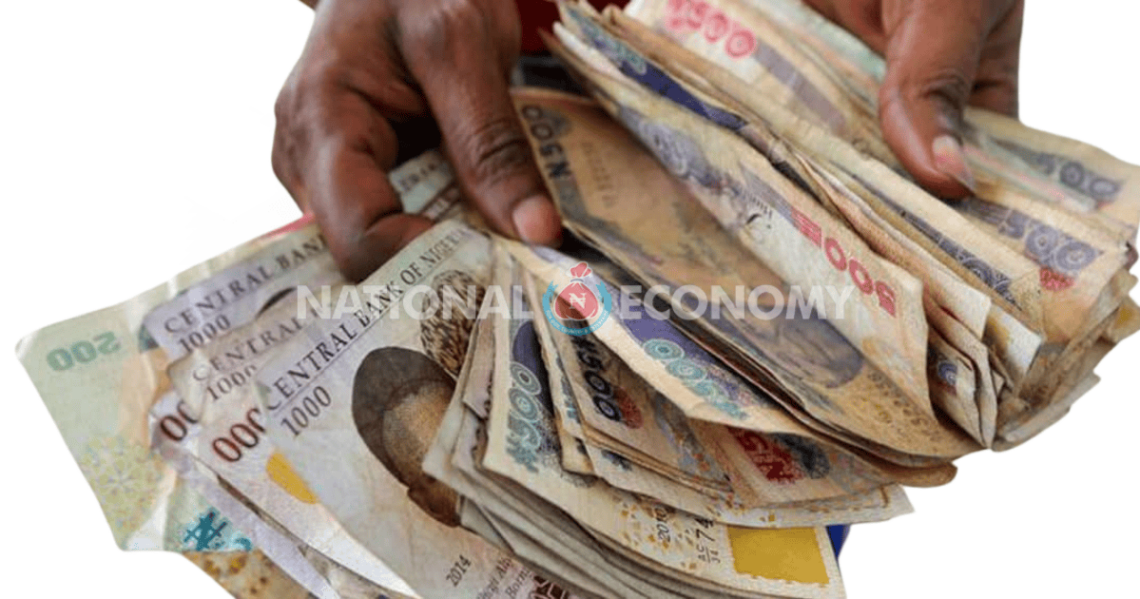Nigeria’s broad money supply, measured by M3, reached an unprecedented high of N78.74 trillion in December 2023, marking a remarkable 51 per cent year-on-year increase compared to N52.16 trillion recorded in 2022, according to data from the Central Bank of Nigeria (CBN).
This surge in money supply, a key indicator of liquidity in the economy, is a cause for concern as it may lead to potential inflationary pressures, impacting purchasing power. The expansion also raises questions about interest rate movements, especially in the context of Nigeria’s economic challenges, including rising inflation rates, currency exchange pressures, and declining interest rates. Despite the CBN’s efforts to tighten monetary policy and absorb excess liquidity, reflected in incremental increases in the Monetary Policy Rate (MPR) from 11.5 per cent in May 2022 to 18.75 per cent as of July 2023, the money supply has continued to grow.
The CBN’s inflation target for 2024 is 4 per cent, indicating challenges in fully curbing inflation despite tightening measures.
As Nigeria’s Monetary Policy Committee (MPC) gears up for its next meeting, the implications of this expanded money supply on inflation and interest rate deliberations are expected to be central to the discussions.
The divergence between the rapid growth in money supply and the relatively modest economic growth poses a unique challenge for managing inflation in the country. Economic analysts are closely watching how the CBN, led by Governor Olayemi Cardoso, will navigate the complex economic landscape, especially considering potential conflicts with the government’s objectives, particularly President Bola Tinubu’s plans to reduce interest rates in Nigeria.
This dynamic sets the stage for a potential clash between economic policy goals and the imperative of maintaining monetary stability.




